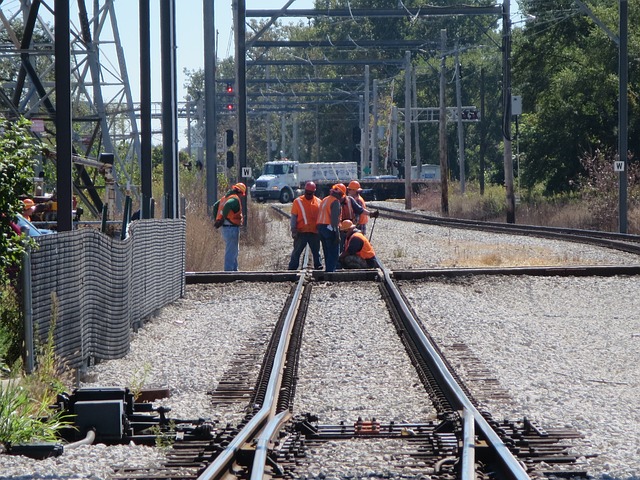
On March 17, 2022, pharmaceutical giant Merck & Co., Inc. announced the results from its pivotal Phase 3 trial, KEYNOTE-091. The study found that adjuvant treatment with Keytruda significantly improved disease-free survival (DFS), reducing the risk of disease recurrence or death by 24% in early-stage lung cancer patients who have previously undergone surgery to have tumors removed.
Lung cancer is the leading cause of cancer death worldwide. In 2020 alone, there were more than 2.2 million new cases and 1.8 million deaths from lung cancer globally. Non-small cell lung cancer (NSCLC) is the most common type of lung cancer, accounting for about 82% of all cases. People diagnosed with non-small cell lung cancer normally undergo surgery to remove the tumors if the disease is caught at an early stage. After surgery, patients undergo either observation or receive chemotherapy. Risk factors include a history of smoking and asbestos exposure among others.
Keytruda is a monoclonal antibody treatment that helps activate the body’s immune system to fight off non-small cell lung cancer. The 200-milligram shots are administered once every three weeks for a total of 18 injections over the course of a year. Merck plans to submit its findings to the Food and Drug Administration (FDA) as quickly as possible, but the approval process can take 8 to 12 months. Keytruda was first approved by the FDA in 2014 to treat melanoma and is now used to treat numerous other types of cancer.
Railroad workers who were diagnosed with lung cancer should contact Doran and Murphy to discuss the possibility of seeking compensation.





